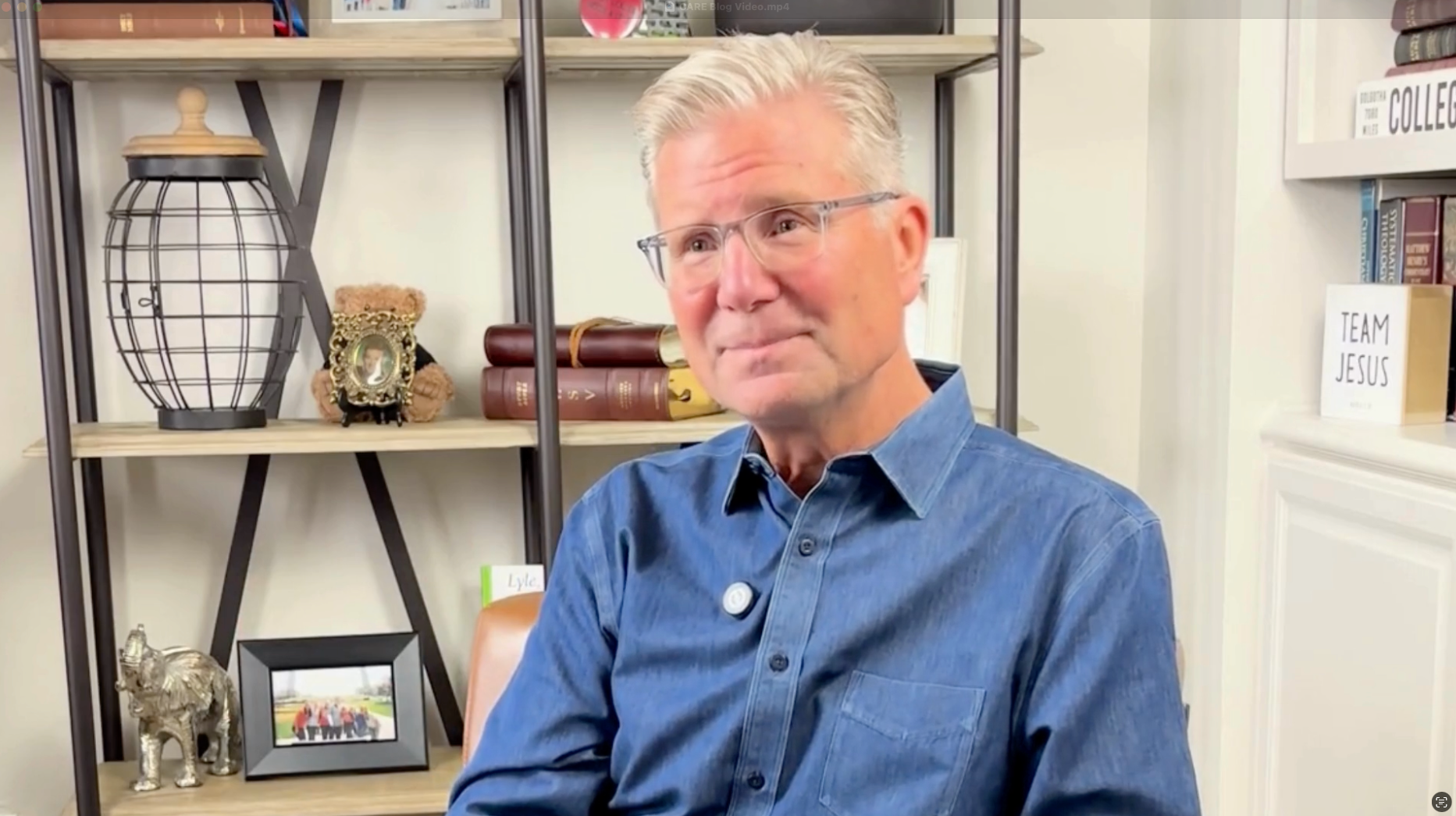For many of us, when we think of a "strong" leader, we think of the person with the loudest voice in the room, the most dominant personality, or the one leading the bigger organization. Our culture tends to elevate leaders who command attention through force, charisma, or sheer bravado.
But the longer I'm in leadership, the more convinced I become that we're using the wrong evaluation system. We overvalue aggression in leadership and underplay the power of something far more transformative: faithfulness, empathy, and action-oriented love. I'm talking about compassion.
The truth is, being tough isn't enough to inspire people to follow you. It may inspire them to be your cheerleader for a minute, it also might intimidate them into compliance, but it rarely wins their loyalty or fuels their best work. If you want to lead people well—if you want to inspire them to move with passion and purpose—compassion is your most powerful tool.
Jesus: A Different Kind of Leader
When we survey the ministry of Jesus, we see a radically different approach to leadership than what our culture celebrates. His uncommon compassion drew people in, captivated them, and ultimately catalyzed them into leaders themselves.
Think about it. Most leadership books encourage us to find the “right people” to support our vision. But Jesus didn’t cherry-pick from the top talent pool. He engaged people society had overlooked or written off. Fishermen, tax collectors, sinners—the lonely, the least, and the lost—these were the ones he invested in.
Why? Because his leadership was fueled by empathy in action. He went out of his way to heal, restore, and elevate people others deemed unworthy of attention. And it worked. His influence didn’t just last a season—it launched a movement that's still transforming lives centuries later.
What Compassion Really Means
The best definition of compassion I’ve ever heard is this:
your pain in my heart.
Compassion goes beyond feeling sorry for someone. It’s not just empathy— understanding what someone is going through. Compassion is empathy that rolls up its sleeves. It's taking on another person’s concerns as if they were your own and then doing something about them.
In the first century, the word compassion carried an even deeper meaning. It referred to the visceral yearning we feel in the core of our being when we deeply care for someone. It’s not just head knowledge; we feel it in our gut and it drives us to action. And that’s exactly how Jesus led. His compassion wasn’t weakness. It was strength in action.
Common Myths About Compassionate Leadership
If we’re honest, most leaders hesitate when they hear the call to compassion, especially in the workplace. It sounds good in theory, but in practice it raises questions. Let’s address a few of the most common ones:
Myth #1: “Won’t compassion lead to coddling under performers?”
The Truth: Not at all. Jesus showed us it’s possible to combine compassion with accountability. When a woman caught in adultery was brought before him, he rescued her from public shame and death—but he also called her to a higher standard: “Go and sin no more.” Compassion doesn’t lower the bar; it calls people to a higher bar in a way that protects their dignity.
Myth #2: “Won’t compassion dilute my credibility or passion?”
The Truth: Compassion didn’t weaken Jesus’ credibility—it strengthened it. And he didn’t sacrifice mission or zeal by caring for people. In fact, his uncommon compassion for the marginalized threatened religious leaders but convicted sinners. His mission wasn’t corrupted; it was catalyzed.
Myth #3: “Won’t compassion compromise the mission?”
The Truth: For some reason, many leaders think fulfilling the mission "by any means necessary" is the goal. They prioritize results over relationships, often ignoring the human cost. But Jesus modeled the opposite and proved that his methods amplify the message and carry the mission forward. Don't view tenderness as a distraction because it can be the thing that keeps you on course.
Myth #4: “Won’t compassion make me ineffective?”
The Truth: Some assume effective leadership requires toughness at the expense of kindness. But being a jerk isn’t strength—it’s weakness in disguise. And being kind doesn't mean "anything goes." Compassion doesn’t compete with competence. It insulates it. When you know the needs of your people and act on them, you don’t slow down the mission. You're strengthening your team which will keep the mission moving forward full steam ahead.
Why Compassion Still Works
The leaders we admire most, both historically and today, aren’t just tough or visionary—they’re deeply compassionate. They’re the ones who see people, not just positions. They’re the ones whose teams will go the extra mile, not because they’re afraid, but because they’re inspired.
Show me a leader with uncommon compassion, and I’ll show you a team eager to follow that leader into battle. That’s the power of compassion in action.
And here’s the good news: compassionate leadership isn’t reserved for a select few. It’s available to all of us. It’s not about personality type. It’s about posture. It's about choosing to see people the way Jesus did, and then reflecting his love and care.
The Easy to Follow Way
This is just a part of what I unpack in my new book,
Easy to Follow. In it, I explore how the behaviors that Jesus modeled in his leadership can transform the way we lead today.
If you’ve ever felt the tension between driving results and caring for people, this book will show you how to do both without compromise. Compassion strengthens your influence and fuels your effectiveness.
When leaders choose compassion, they don’t just get followers. They build movements.








































